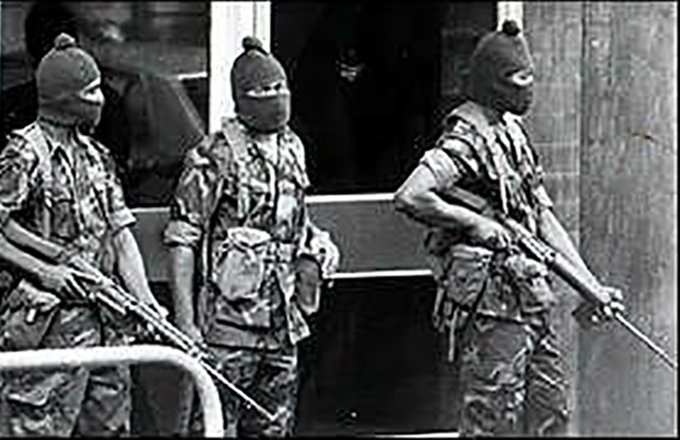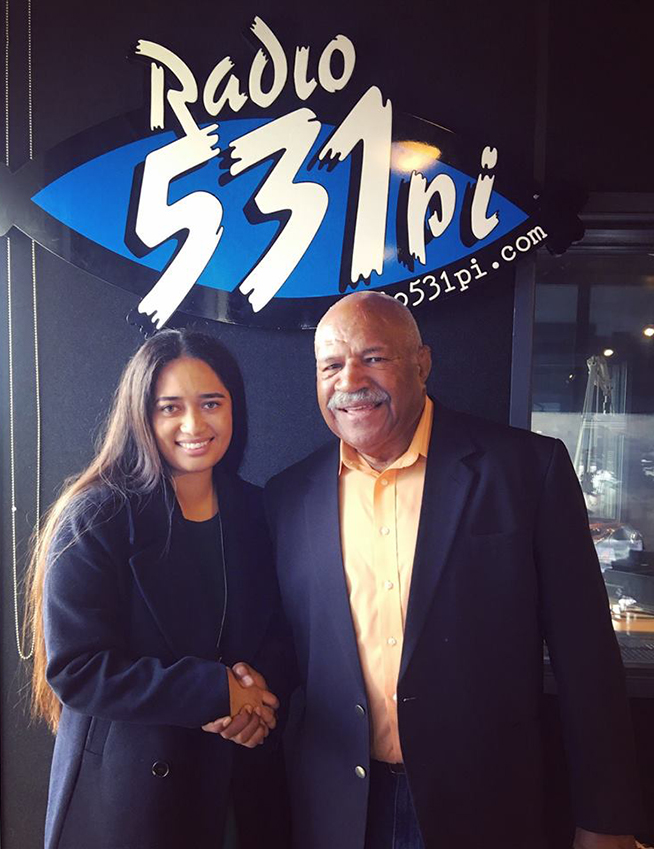
FLASHBACK: Jale Moala, a former editor of the Fiji Daily Post, recalls the day of Fiji’s coup.
It’s the morning of 14 May 1987, just after 10am, and I am becoming upset that the phone isn’t working, when my neighbour calls out, “The news is on the radio, the army has taken over the government.
“They have cut the phone.”
I should be shocked but I am not because the climate has been politically unstable with a rising tide of indigenous Fijian extremism.
I change quickly and rush down the road for a taxi. The newspaper is at least half an hour away outside Suva, at the Fiji Sun where I work and also string as correspondent for New Zealand Press Association.
I must get the story out, but how?
The phone’s been “killed” but the Southern Cross cable has been left untouched connecting Fiji to NZ, Australia and USA.
Front page via telex
Using telex I get my story out in time to make the front page of the Evening Post in New Zealand. That story includes an interview with the taxi driver who took me to work.
That coup d’etat by Lieutenant-Colonel Sitiveni Rabuka spawned other coups and Fiji has never been the same again.
As for me, 13 years and two more coups later, I took my young family out of Fiji and settled in New Zealand.
A brief reflection by prominent Fiji journalist Jale Moala who worked for the original Fiji Sun at the time of the first coup by Rabuka, and was editor of the Fiji Daily Post at the time of the third coup by George Speight in 2000.
Stop press: Rabuka on comeback trail
In Auckland today, former Pacific Media Watch contributing editor Alistar Kata at radio 531pi talks to Sitiveni Rabuka, who is trying to make a political comeback in this year’s Fiji elections as leader of the main opposition party SODELPA.
She comments:
Sitiveni Rabuka is a polarising figure, best known for instigating two military coups in Fiji in 1987.
And this picture looks like “we just signed an MOU for world peace”.
(He wanted to shake hands so I just went along with it).











































